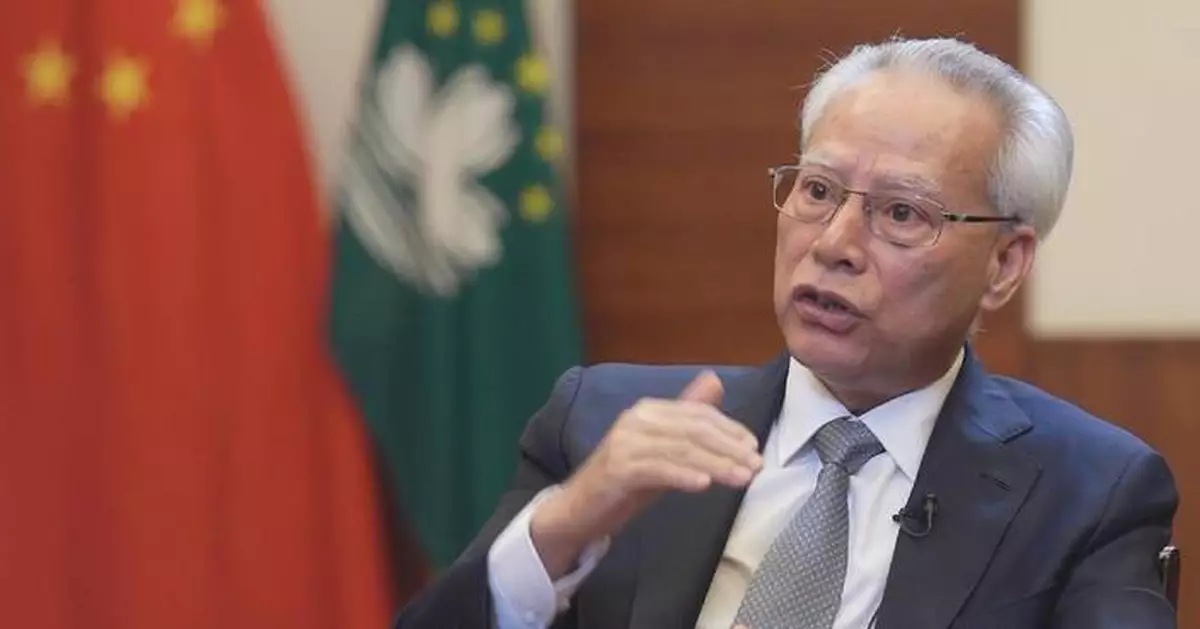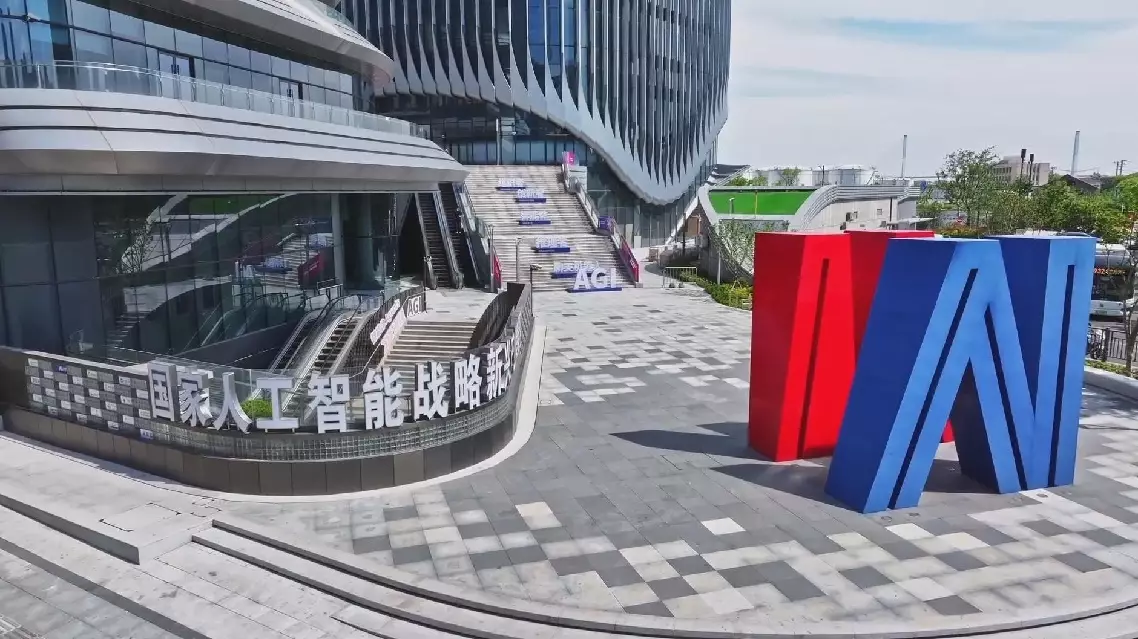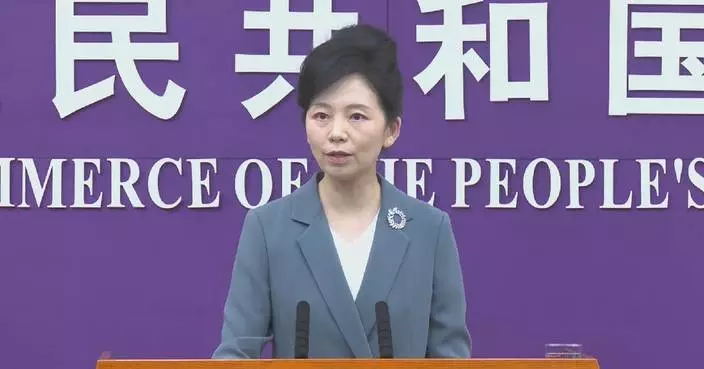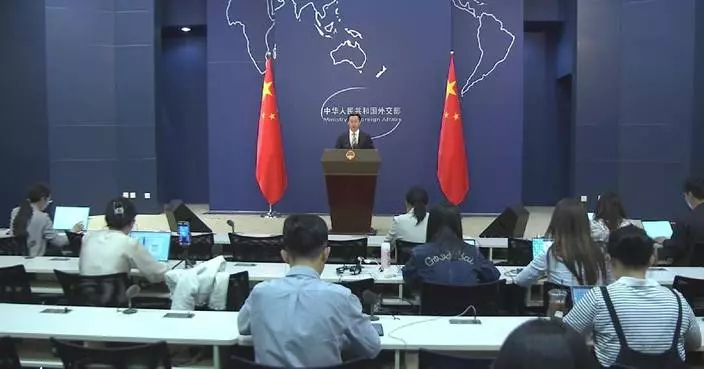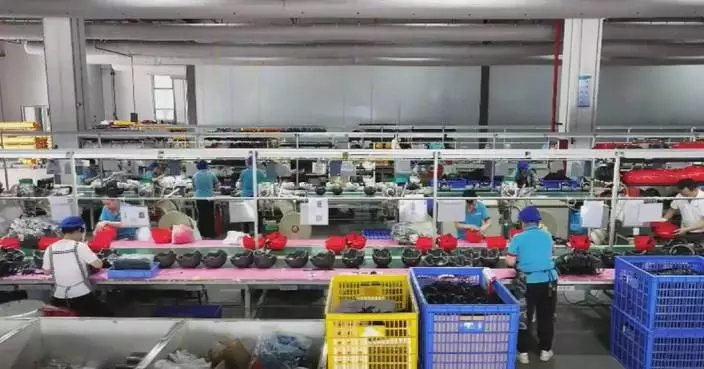As the newly elected sixth-term Chief Executive of the Macao Special Administrative Region (SAR), Sam Hou Fai is drawing upon his extensive legal background to emphasize the importance of respecting power.
Sam was elected the sixth-term chief executive designate of the Macao SAR in October. His tenure will start from Dec 20, according to a decision made at a State Council meeting held later that month.
During a recent interview with China Media Group (CMG), Sam reminisced about his early career as one Macao's first judicial auditors from 1995, and the collective struggle of his generation to uphold jurisdiction after Macao's return to motherland.
"This called for joint effort from all Chinese legal workers to prepare for the challenge after Macao's return to the motherland in 1999. Chinese judges must participate in judicial work and management. Can we, through our efforts, take on the entire judicial operation under our own knowledge and exercise well the jurisdiction granted to Macao by our own country?" said Sam.
Sam was born in Zhongshan City of south China's Guangdong Province in May 1962 and later moved to Macao for work. He joined the first group of Macao's judicial auditors in 1995. He served as president of Macao's Court of Final Appeal since 1999 until he ran for election.
Throughout the 25 years as the president of Macao's Court of Final Appeal, Sam consistently emphasized the significance of honestly fulfilling duties.
"I told our judges that people must respect power and not rely on luck. Otherwise, sooner or later, due to negligence, you will bear the consequences. Even if you get lucky this time, you will never live a smooth and comfortable life in your heart for the rest of your life," said Sam.
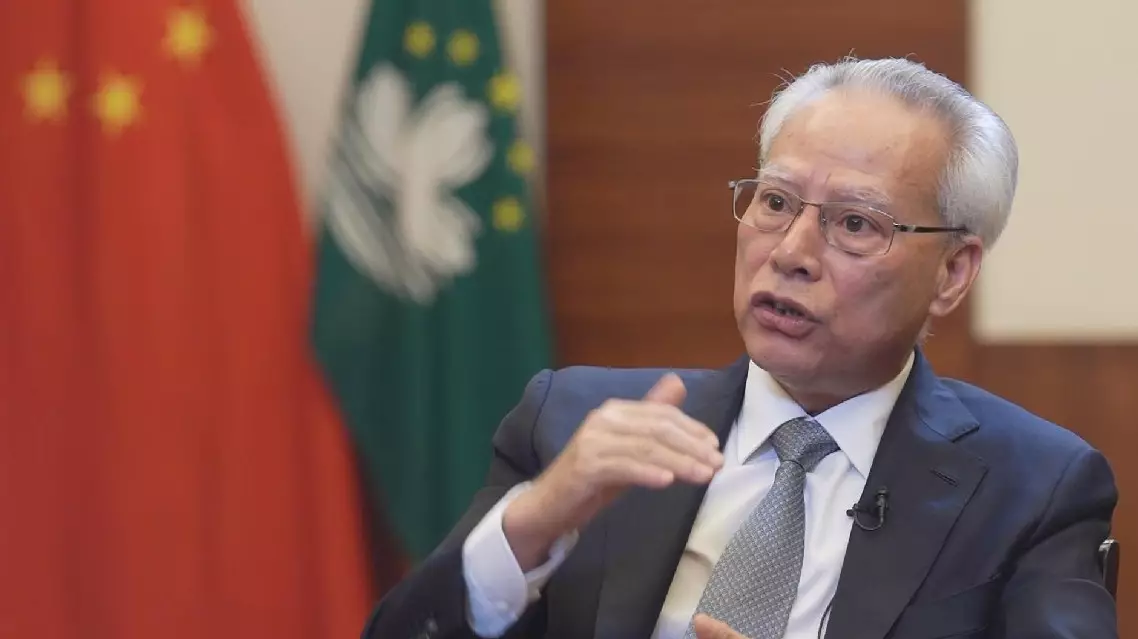
Macao's newly-elected chief executive draws on legal background to inform governance
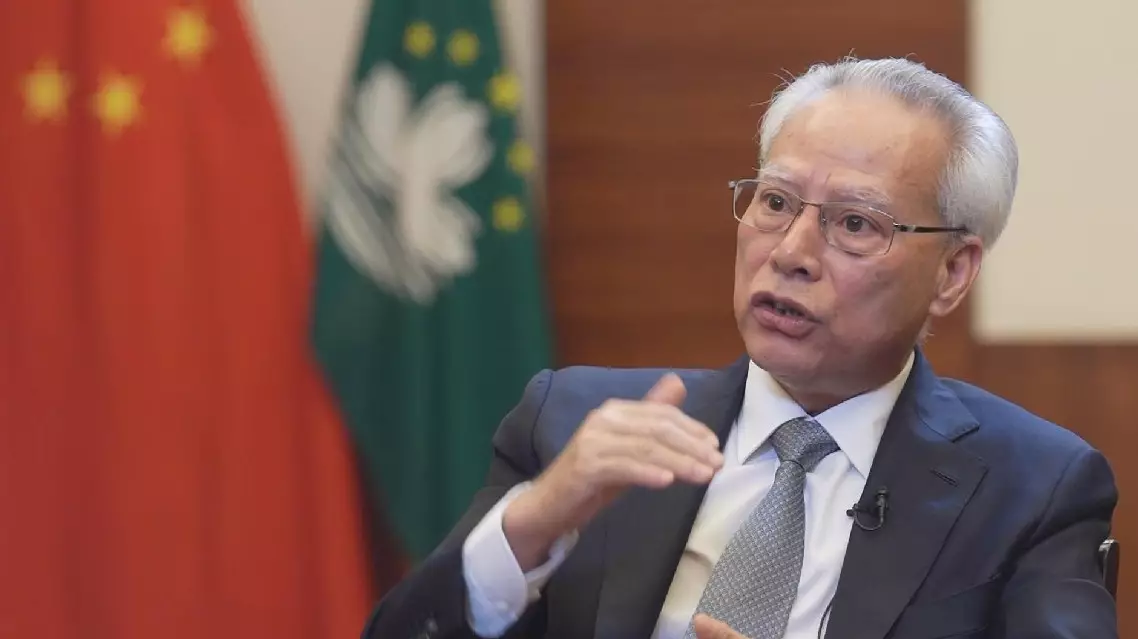
Macao's newly-elected chief executive draws on legal background to inform governance


